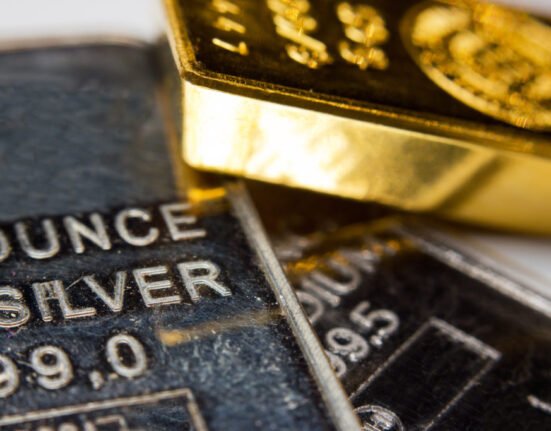PETALING JAYA: Gold purchases will not be subject to the Sales and Service Tax (SST), says Datuk Johan Mahmood Merican.
The Treasury secretary-general said the government has decided not to tax gold purchases owing to investment, cultural and economic reasons, and to avoid increasing the burden on the public and businesses.
“Gold bars and jewellery are often considered investment tools or savings.
“From a cultural perspective, gold plays an important role in various communities, often given as symbolic gifts or blessings during significant life events such as the birth of a child or weddings,” he said on Thursday (June 26) night.
He noted that some businesses also use gold as collateral to obtain operational funds, such as for cash flow or loans.
Johan was speaking at a Finance Ministry TikTok live session, titled “SST Naik, Semua Harga Pun Naik?” (SST Gone Up, All Prices Going Up Too?), addressing public inquiries about the expanded SST scope.
“Although some perceive gold as a high-value consumer good, the government has decided to maintain a zero tax rate.
“So even if you walk into a jewellery shop to buy a gold necklace or similar items, no tax will be imposed,” he said.
On a related matter, Johan said the government will also not tax apples and oranges, which have become daily consumed fruits among Malaysians.
“Although apples and oranges are not suitable for cultivation in Malaysia, they are integral to daily life.
“For instance, during Chinese New Year or Hari Raya, the demand for these fruits is particularly high, justifying the tax exemption,” he said.
Johari noted that local fruits like the “pisang mas” would not be taxed, while other imported fruits like strawberries, blueberries and avocados that are considered “selective items” would continue to be taxed.
“So, the cost of our ‘pisang goreng’ will not increase. But if imported bananas are used, they will be taxed,” he said.
He noted that since the government announced the expanded SST tax scope, they have received feedback from the public, with many supporting the move as it aids in promoting the cultivation and development of local fruits.
“Take bananas, for example, we are confident that local production is sufficient to meet market demand.
“According to statistics, 90% of bananas consumed by Malaysians are locally sourced, with only 10% being imported.
“We should continue to support local bananas since ‘pisang mas’ not only tastes better but is also cheaper and more readily available,” he added.
Johan also said the government has opted to retain the SST instead of reintroducing the Goods and Services Tax (GST) to lessen the tax burden on citizens.
Despite being a more efficient system covering nearly all goods and services, GST ultimately places a heavier burden on consumers, he said.
“GST is effective for revenue collection as it captures the entire economy.
“However, the final tax burden falls entirely on the people, as businesses can reclaim their GST inputs, but the end consumers cannot.”
Although SST might be less comprehensive, he said it imposes less financial pressure on the public.
“SST has been in place since the 1970s, making it familiar and easier to implement.
“It targets businesses rather than essential goods, reducing the financial impact on consumers,” he said, adding that the government aims to raise an additional RM10bil through SST collections.






